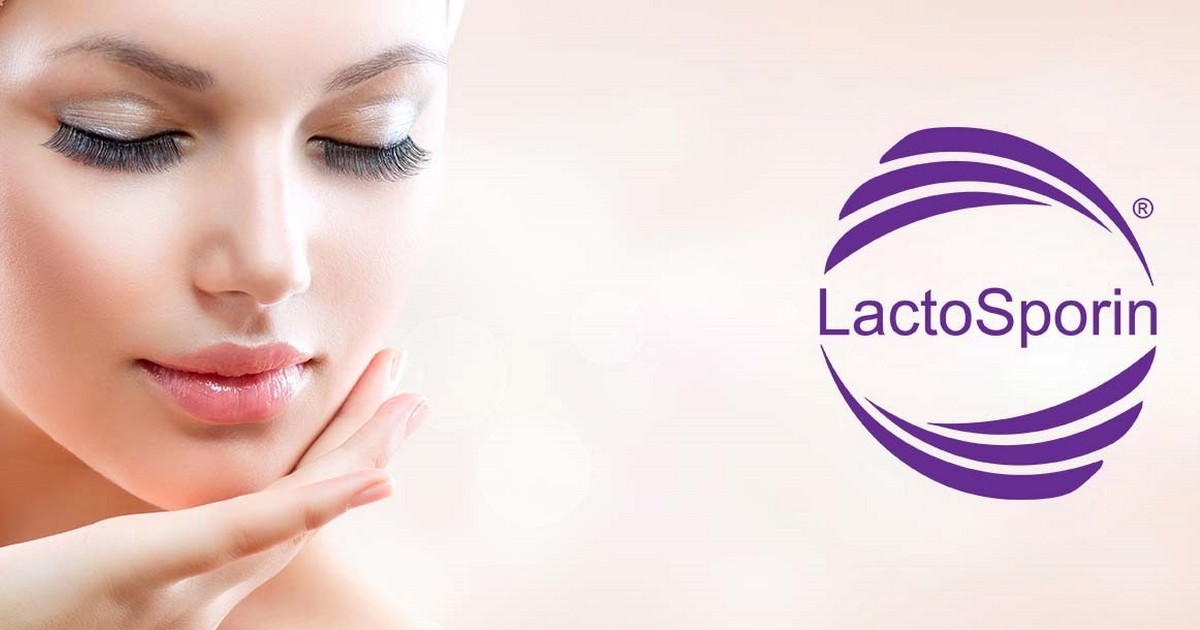Skin Protective Activity of LactoSporin – the Extracellular Metabolite from Bacillus coagulans LactoSporin®

Research on Sabinsa’s Cosmeceutical LactoSporin® Showing Anti-Acne Benefits Among the First Published Human Clinical Studies Examining a Probiotic Metabolite. Additional In Vitro Study Examined Anti-Aging Properties
Research on Sabinsa’s Cosmeceutical LactoSporin® Showing Anti-Acne Benefits Among the First Published Human Clinical Studies Examining a Probiotic Metabolite. Additional In Vitro Study Examined Anti-Aging Properties
Sabinsa has recently published its first human clinical study on anti-acne benefits of LactoSporin®, the probiotic metabolite derived from the highly regarded probiotic LactoSpore®. A second published study, in vitro, demonstrated the anti-aging potential of this topical ingredient. Together, the research supports the use of LactoSporin for skin care applications.
In this second study, “Skin Protective Activity of LactoSporin – the Extracellular Metabolite from Bacillus coagulans MTCC 5856” by Majeed M, Majeed S, Nagabhushanam K, Lawrence L, Arumugam S, and Mundkur L (Cosmetics 2020, 7(4), 76), LactoSporin was evaluated for its role in preserving skin integrity in cultured cells in vitro. LactoSporin was found to be a powerful antioxidant with reactive oxygen quenching activity. It showed protection against UV-induced cellular damage and inhibited collagenase activity, suggesting its potential use in preventing accelerated aging. LactoSporin was also found to inhibit the activity of the enzyme hyaluronidase, thereby preventing hyaluronic acid fragmentation, the major cause of skin moisture loss. Increased expression of transforming growth factor -β, and hyaluronan synthase in skin fibroblasts, suggests that LactoSporin could keep the skin moisturized and maintain skin firmness. The study concluded that LactoSporin is a skin protective postbiotic with wide application in cosmetic formulations.
"LactoSporin’s non-living microbial cell products possess several advantages over the probiotic itself, especially in skin care,” Majeed said. “It shows biological activity in a non-viable state, are easy to formulate, have favorable physiochemical properties and show improved inflammatory defense.”
Further details of this study may be accessed at https://doi.org/10.3390/cosmetics7040076